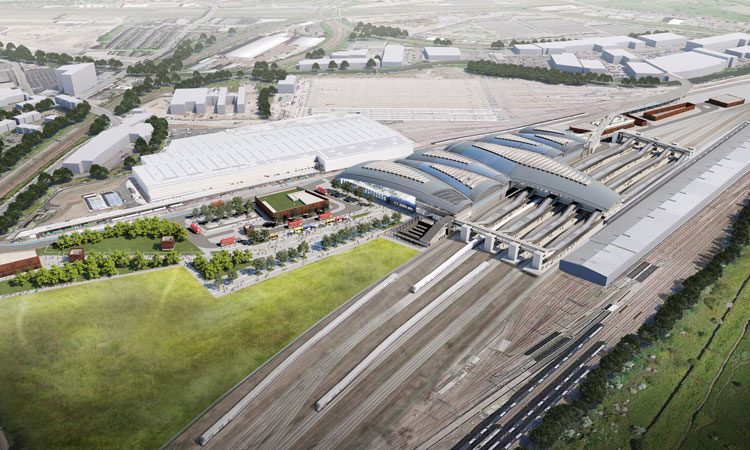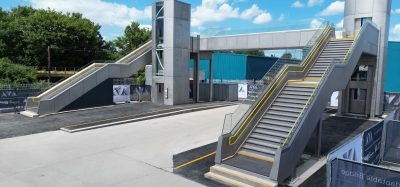HS2 introduces new pre-qualification system for civils sub-contractors
Posted: 17 October 2019 | Global Railway Review | No comments yet
Jo Fautley of Build UK states the Common Assessment Standard has been developed “by industry, for industry, based on standards that clients, contractors and the supply chain have all agreed on.”


Four of HS2 Ltd’s biggest civil contractors are introducing a standardised pre-qualification (PQ) system for subcontractors in a bid to streamline the tender process, reduce costs for the supply chain and boost productivity.
The new Common Assessment Standard will ensure that bidders looking for work with the high-speed rail company’s four main civils contractors – Align, BBV, EK and SCS Railways – will go through identical pre-qualification processes.
Developed as part of HS2’s ‘Collaboration Hub’ initiative, the contractors worked with Build UK and the Civil Engineering Contractors Association (CECA), and through industry body, High Speed Rail Industry Leaders Group (HSRIL), to agree the new system. HS2’s contractors will be the pioneers of the new system, implementing it at scale through the future HS2 supply chain.
According to research, it is estimated that suppliers in the construction industry are currently spending up to £1 billion per year on tendering for work.
The Common Assessment Standard for PQ’s will mean suppliers have a choice in assurance provider creating market competition and reducing the costs associated with infrastructure procurement.
HS2 will represent approximately 11 per cent of UK infrastructure spend over the next decade and will be the largest individual client in the sector. The approaches taken to procurement on the project will not only have an impact on HS2 but the wider construction sector.
“Building Britain’s new high-speed railway provides a significant opportunity for the construction industry to innovate and work together, to leave lasting improvements on the sector as a whole,” commented Andy Cross, Procurement Director of HS2 Ltd. “By adopting new approaches, such as the Common Assessment Standard, we can potentially transform the way in which the industry works and procures goods and services.”
Under the new system, a supplier will be able to take the accreditation to any sector of the construction industry, beyond the rail sector. Not only will this reduce the costly, complex and repetitive burden the current procurement approach takes, but could improve standards across the board in the sector.
Stay Connected with Global Railway Review — Subscribe for Free!
Get exclusive access to the latest rail industry insights from Global Railway Review — all tailored to your interests.
✅ Expert-Led Webinars – Gain insights from global industry leaders
✅ Weekly News & Reports – Rail project updates, thought leadership, and exclusive interviews
✅ Partner Innovations – Discover cutting-edge rail technologies
✅ Print/Digital Magazine – Enjoy two in-depth issues per year, packed with expert content
Choose the updates that matter most to you. Sign up now to stay informed, inspired, and connected — all for free!
Thank you for being part of our community. Let’s keep shaping the future of rail together!
Related organisations
Align, Build UK, CECA, EK, High Speed Rail Industry Leaders (HSRIL), SCS Railways







